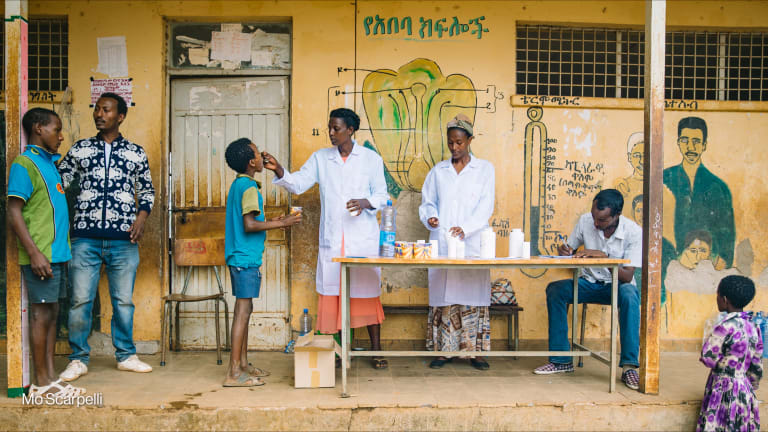Every year kala-azar — the disease also known as black fever or visceral leishmaniasis — leaves many patients in Africa nursing chronic conditions. Now climate change is driving the disease to spread to new places on the continent and straining health systems in the process.
Leishmaniasis is a disease caused by an infection with parasites spread by the bite of infected sandflies, and kala-azar is one of three strains of leishmaniasis. The strain caused 5,710 deaths in 2019, and the World Health Organization estimates that there are 700,000 to a million new leishmaniasis patients each year. Kala-azar is fatal if left untreated in over 95% of cases.
The spread of the disease is due to rising heat and prolonged drought, which provides the perfect environment for the sandflies that spread it, Martin Muchangi, director for population health and environment at the African Medical and Research Foundation, or AMREF, told Devex.








